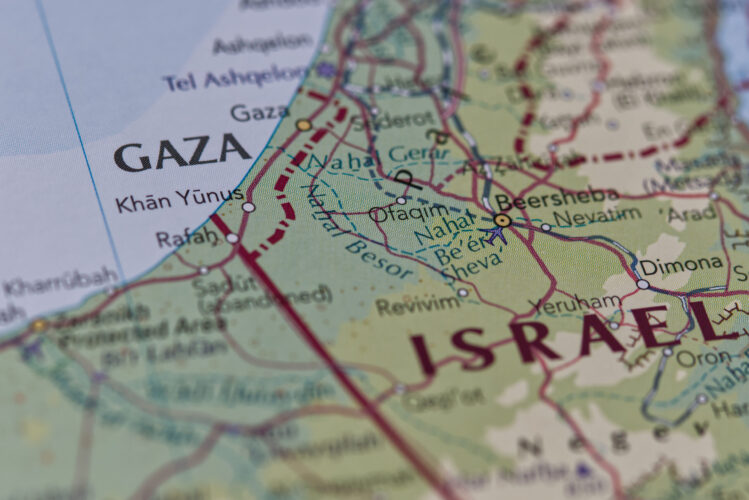This week marked a significant escalation in the ongoing conflict between Israel and Hezbollah, the Lebanese militant group. Hostilities intensified following two days of deadly attacks attributed to Israel, which caused casualties among civilians in Lebanon. For nearly a year, the two sides have exchanged fire along the Lebanese-Israeli border, often stepping back from the brink of wider conflict due to pressure from the U.S. and its allies. However, Israeli officials have recently indicated the possibility of a larger military operation aimed at halting attacks from Lebanon and facilitating the return of thousands of displaced Israelis.
In retaliation, Hezbollah launched a barrage of rockets into northern Israel. This escalation was compounded by an Israeli airstrike that targeted a high-rise building in the southern suburbs of Beirut, a stronghold of Hezbollah. The strike resulted in at least 37 deaths, including two children, and injured over 60 others. Among the fatalities was Ibrahim Akil, commander of Hezbollah’s elite Radwan unit, representing a significant loss for the group.
The Israeli military reported that Akil played a crucial role in orchestrating rocket and drone strikes against northern Israel. The attack followed a series of bombings involving electronic devices that targeted Hezbollah’s communication equipment, leading to casualties that included fighters and many civilians linked to Hezbollah’s social services. While analysts suggest that the strike may not severely impact Hezbollah’s fighting capacity, it could disrupt their communications and prompt tighter security protocols.
In response to the Israeli airstrike, Hezbollah fired approximately 140 rockets into northern Israel, claiming to target military sites. Although there were no immediate reports of Israeli casualties, the threat of further retaliation looms. Hezbollah’s leadership has vowed to continue attacks against Israel until its military operations in Gaza cease.
As the situation in Gaza has calmed, Israel has bolstered its military presence along the Lebanese border, deploying a powerful army division that has been involved in intense fighting in Gaza. This division includes thousands of troops, paratrooper units, and elite commandos trained for behind-enemy-line operations.
Since the onset of the Israel-Hamas conflict on October 7, the exchanges along the Lebanese border have resulted in approximately 600 fatalities in Lebanon—primarily among fighters, but also around 100 civilians—and around 50 deaths among Israeli soldiers and civilians. The ongoing violence has forced tens of thousands to evacuate their homes near the border in both countries, raising fears of a broader war that could further destabilize the region.
By: Big Sky Headlines staff

